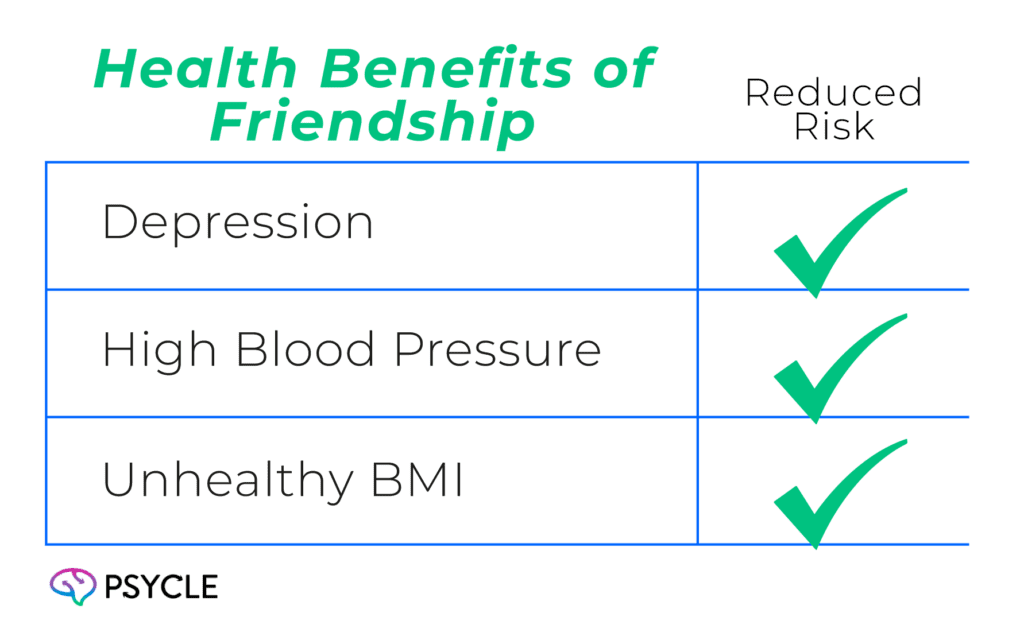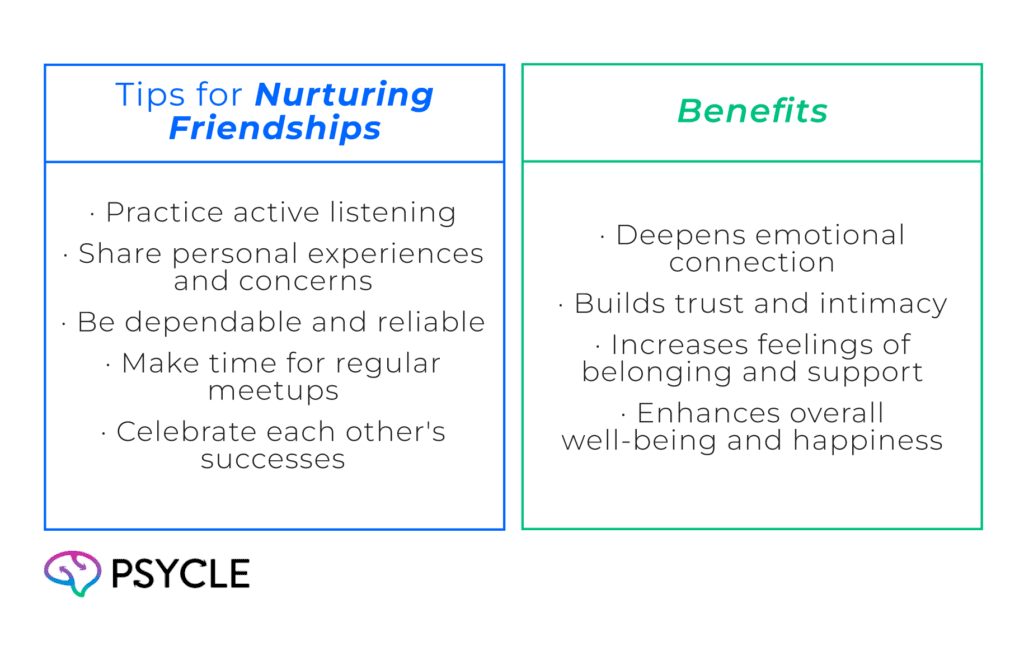Building lasting relationships starts with forming meaningful connections. It’s about being true to yourself and listening well. Ask questions and show you care about what others say.
Doing things together that you both enjoy helps strengthen your bond. This way, you build trust and understand each other better.
Being open and honest is key to deepening connections. Spend quality time with your friends and family. This way, you create a sense of belonging and make your life richer.
Key Takeaways
- Authenticity and open communication are the cornerstones of meaningful connections.
- Active listening and showing genuine interest in others foster deeper bonds.
- Shared experiences and activities help build trust and understanding.
- Vulnerability, honesty, and consistency are essential for nurturing empathy and lasting relationships.
- Investing time and energy into your relationships can lead to a greater sense of belonging and fulfillment.
The Importance of Social Bonds
Keeping strong social connections is key for our well-being. Good friendships boost our happiness and mental health. They also give us physical health benefits. Friends can make us feel better, offer support, and lower stress and loneliness.
Boosting Happiness and Well-being
Friends do more than just keep us company. They give us a sense of purpose. Adults with strong friendships feel more satisfied with life and have better self-esteem. They also feel like they belong.
Doing things with friends can make us feel good. It releases hormones like oxytocin, serotonin, and dopamine. These hormones make us feel happy and well.
Reducing Stress and Loneliness
Friends help us deal with stress and loneliness. Being around supportive friends protects us from the harm of being alone for too long. Adults with strong friendships are less likely to get depression, high blood pressure, and unhealthy weight.
Older adults with good friendships and support tend to live longer. They have fewer health problems than those with fewer friends.

Overcoming Barriers to Friendship
Many adults find it hard to build and keep meaningful friendships. Life changes, like work or family, often take over. Moving to a new place or big life events also make staying in touch hard.But, the joy and comfort of friendships are worth the effort.
Here are ways to beat the hurdles of making and keeping friends:
- See friendships as a key part of your life and make time for them.
- Plan regular meet-ups, like weekly coffee or monthly game nights.
- Keep in touch with old friends, even if life has kept you apart.
- Try new things and meet people, like joining clubs or volunteering.
Maintaining friendships through life’s ups and downs is tough. But, the benefits of strong social bonds are huge.
By focusing on your current friendships and being open to new ones, you can beat the challenges. This way, you can enrich your life and well-being.
Building a Social Network
Expanding your social circle can be very rewarding. Whether you’re building a social network, meeting new friends, or reconnecting with old friends, there are many ways to make connections. These strategies can help you build strong relationships.
Joining Groups and Activities
Joining local groups or clubs is a great way to meet new friends. You can find groups for book clubs, sports, volunteer work, or hobbies. These places let you meet people with similar interests and start new friendships.
Reconnecting with Old Friends
It’s also good to reach out to old friends to rebuild your social network. Catching up with former classmates, colleagues, or others can revive old friendships.
When reconnecting with old friends, consider their current life. Be empathetic and open-minded. Acknowledge the time that has passed and focus on catching up and finding common interests.Building a strong social network takes time and effort. But the benefits are worth it. Be patient, empathetic, and genuinely interested in making meaningful connections.
Nurturing Existing Friendships
Keeping friendships strong takes effort and dedication. To grow your friendships, listening well is key. By really listening to your friends, asking good questions, and showing you care, you build trust and closeness.
Practicing Active Listening
Good listening is the heart of any strong friendship. When talking to friends, put away distractions, look them in the eye, and really get what they’re saying. Repeat back what they’ve said to show you’re listening. And don’t interrupt unless it’s really important. Just being there and listening can make a big difference.
Showing Vulnerability and Trust
Being open and honest is crucial for trust and closeness in friendships. Share your real thoughts, feelings, and experiences with your closest friends. And be ready to support them when they open up too. This way, you both feel safe and your bond grows stronger.
Also, be someone your friends can count on. Keep your promises and be there for them, no matter what. Showing you’re reliable makes your friendships stronger and more meaningful.

By listening well, being open, and building trust, you can enhance your friendships. This creates a supportive network that boosts your happiness and well-being.
Mindfulness and Overcoming Anxiety
Dealing with social situations can be tough, especially for those with social anxiety. Mindfulness can help a lot. It changes how you think and helps manage anxiety in social settings.
People with social anxiety often worry about the worst. Mindfulness teaches you to stay in the moment. It helps you see that your feelings are temporary and you can get through them.
Mindfulness is not the only solution. Yoga and other relaxation techniques also help. They reduce anxiety and boost confidence in social situations. Learning to be kind to yourself helps you face new challenges.
Remember, beating social anxiety takes time and effort. With the right mindset and tools, you can handle anxiety in relationships. You can also make the connections you want.
The Role of Social Media
Social media is a big part of our lives today. It affects our relationships in many ways. Online groups can help us feel less lonely. But, using social media doesn’t always mean we have more friends in real life.
Benefits and Limitations
Social media helps us keep in touch with friends and family. We can share our lives and find people who think like us. It’s great for those who find it hard to meet people in person.
But too much social media can make us feel lonely and unhappy. It can make us feel like we’re not really connected to others. Meeting people face-to-face is key to forming strong bonds.
Be careful when sharing personal stuff online. Meeting someone in person is important for real friendships. By being careful, we can enjoy social media without losing touch with the world around us.
How to Form Meaningful Connections
Building meaningful connections is key to personal growth and happiness. Whether you want to strengthen old bonds or make new ones, there are ways to do it. Let’s look at how to form deep connections and build a strong social network.
- Be Authentic and Vulnerable – True connections grow when you show your real self. Share your feelings and open up to others. This builds trust and understanding.
- Actively Listen and Show Interest – When you listen well and ask good questions, it shows you care. This makes the relationship stronger.
- Engage in Shared Activities – Doing things together, like hobbies or community events, creates a bond. It makes you feel like you’re in this together.
- Prioritize Quality Time – Spend quality time with those you care about. Regular check-ins and one-on-one talks are important.
- Overcome Anxiety and Embrace Challenges – Deep connections mean being open and facing challenges together. It’s a journey of ups and downs with others.
By using these strategies, you can build a network of meaningful connections. These connections can make your life richer.
Attunement and In-Person Communication
In face-to-face interactions, it’s key to focus on attunement. This means being aware of our own feelings and understanding others.
Awareness of Self and Others
Knowing ourselves better helps us handle our emotions and reactions. This makes us more patient and flexible in social situations. It’s also important to notice how others feel, creating a caring and understanding atmosphere.
Managing Post-Pandemic Feelings
Going back to talking face-to-face can stir up many feelings. It’s okay to feel both happy and nervous. By talking openly about these feelings, we can rebuild trust and strengthen our relationships.
FAQs
What are Some Common Barriers to Maintaining Friendships?
Life gets busy, making it hard to keep up with friends. Work and family can take over. But, the joy of having friends makes it worth the effort.
How Can Friendships Benefit My Health and Well-being?
Friends can make life better. They help celebrate good times and support you when things are tough. They also help keep you healthy. Older adults with friends live longer. This shows how important friends are for our health.
What is the Key to Forming Meaningful Connections?
To form meaningful connections, be true to yourself and open. Show genuine interest in others and spend time together. This builds strong relationships.
Source Links
- https://www.mayoclinic.org/healthy-lifestyle/adult-health/in-depth/friendships/art-20044860
- https://hbr.org/2021/10/getting-back-to-the-basics-of-human-connection
- https://www.forbes.com/sites/traversmark/article/3-practical-steps-for-creating-meaningful-connections-by-a-psychologist/
- https://theweek.com/news/media/960639/the-pros-and-cons-of-social-media
- https://www.mindful.org/meditation/mindfulness-getting-started/
- https://www.hcahoustonhealthcare.com/healthy-living/blog/why-is-friendship-important-surprising-health-benefits-of-having-friends

